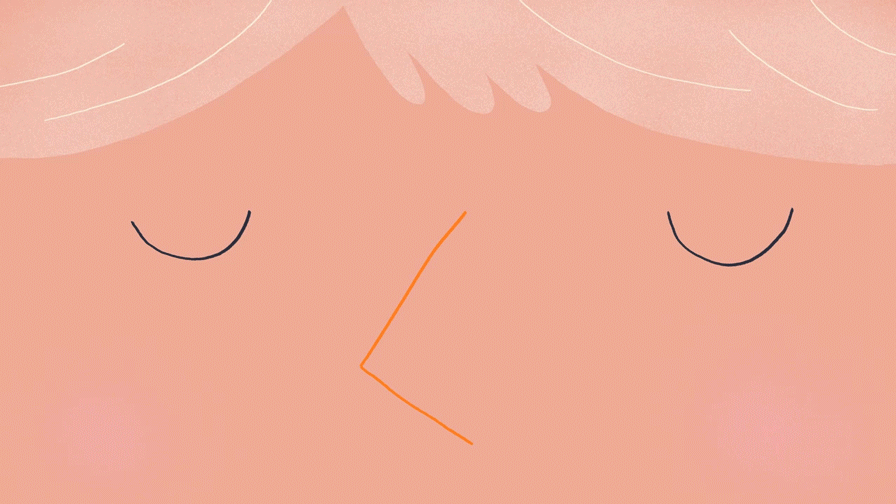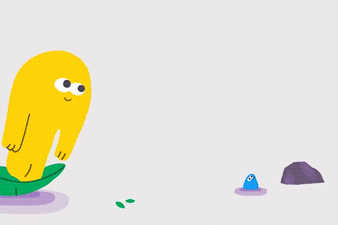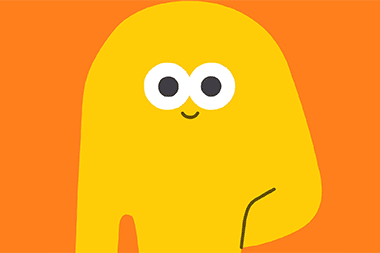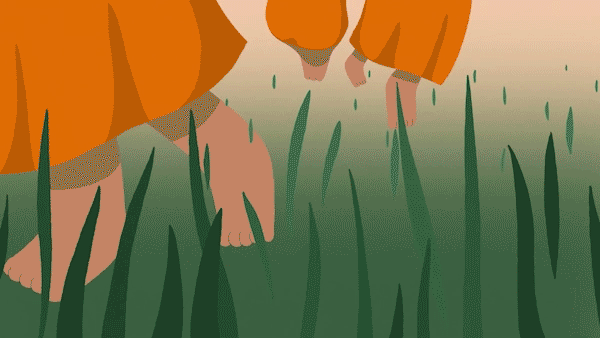“Elon Musk, Steve Jobs, Bill Gates—what’s their secret weapon?————Focus.
Yet most of us burn through our energy before the day even starts—drowning in anxiety, distractions, and that one more scroll.
Here’s a hack: Press pause for 15 mins.
Not to “meditate like a monk.” Just to reset.
Our award-winning meditation cushion (yes, it’s won design trophies 🏆) does one job: Makes sitting still stupidly comfortable.
3 minutes in, you’ll forget your to-do list.
5 minutes in, your breath syncs up.
By 15? You’ll wonder why you ever skipped this.
Close your eyes. Slow your pulse. Feel energy shift—from frantic to flow.
Try it. Worst case? You’ll nap better.”
🧘🏻
Meditation
“This ancient mental discipline, practiced in China for millennia, was hailed by TIME magazine as ‘the East’s greatest gift to the modern world.’
While yoga traditions call it meditation,Buddhist and Taoist practitioners know it as zazen or sitting in stillness—Harvard psychology researchers now clinically term it mindfulness therapy.

Living in this overloaded, fragmented world, we all know the drill:
Our attention span can’t even outlast a Pomodoro timer ⏳…
You queue up a movie, but your fingers auto-pilot to Instagram mid-scene. Open a work file, get hijacked by notifications—next thing you know, you’ve forgotten why you opened your laptop in the first place…”


When tackling tough tasks, our focus leaks like a sieve—just as you grasp an idea, it’s already gone. The anxiety-procrastination loop becomes a self-feeding monster.
Meditation? It’s hitting the mental reset button.
No need to fight chaotic thoughts. Just do one stupidly simple thing: Feel your breath.
Anchor your awareness to:
- The temperature shift as air passes your nostrils
- The subtle lift of your ribcage
- The act of gently guiding attention back when (not if) you wander
As your brain stops chasing shiny stimuli, the mental RAM once hogged by anxiety clears. You start noticing: The pressure of fingers on keys, The fading hum of cicadas outside, Even your own heartbeat—a rhythm long drowned out.
What returns isn’t just productivity, but that raw connection to the world—available only in ‘offline’ mode.
A research initiative from the University of California, Davis, known as The Shamatha Project, has indicated that mindfulness meditation can help reduce cortisol levels (commonly referred to as the “stress hormone”).
Additionally, findings from Germany’s Max Planck Institute reveal that meditation training induces structural changes in specific brain regions, enhancing an individual’s ability to resist distracting stimuli and improving attentional control. (Science Advances, Vol. 3, Issue 10)

Emotional stability and deep focus aren’t innate gifts—they’re skills you can train, like a muscle. Master them, and personal growth shifts into fast-forward mode.
In this distracted age, the real practice is this: Observe your emotional whirlpools, Acknowledge your mental noise, Let desires rise and pass—without letting them steer you.

